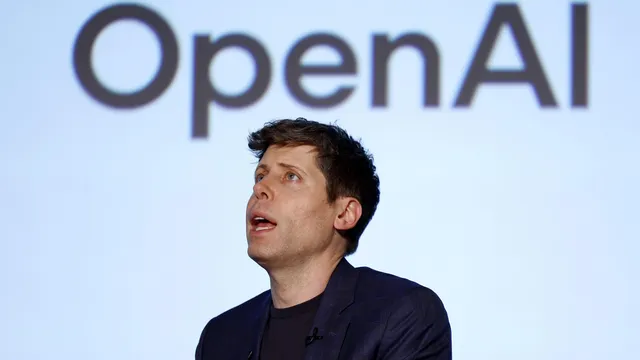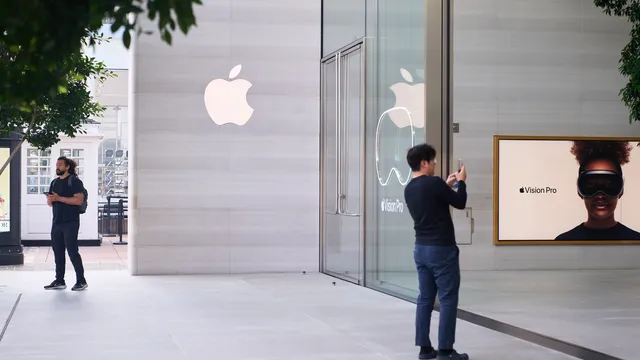OpenAI’s leadership is facing increasing political and public pressure in California, which could derail the company’s plan to restructure as a for-profit entity, reported The Wall Street Journal.
Several major foundations, non-governmental organizations, and labor unions in the state have joined forces to challenge the transformation, arguing that it could violate laws governing the management of assets held for public benefit. The attorneys general of California and Delaware are already investigating the proposal and have the authority to file a lawsuit against OpenAI or impose a financial settlement as a condition for the restructuring.
The company, led by Sam Altman, is currently run as a controlled subsidiary of a nonprofit organization and does not issue traditional shares—a structure that has caused frustration among investors. They are demanding a change and have tied approximately $19 billion of their most recent investments to the condition of receiving equity in the new structure. If the plan fails, OpenAI risks losing funding, which could jeopardize its plans to develop proprietary chips, global research centers, and expensive AI infrastructure.
Opposition to the restructuring is growing. More than 60 NGOs, led by the San Francisco Foundation, are urging the attorney general to investigate whether OpenAI is abusing its tax-exempt status. Meanwhile, Meta has called on California to block the conversion, and Elon Musk has filed a separate lawsuit through his company xAI, claiming that OpenAI is violating its original mission.
The company has also faced criticism over ChatGPT’s safety, following reports of suicides linked to prolonged interactions with the bot. Attorneys general have stated that OpenAI must demonstrate that it prioritizes public safety and its mission to benefit society over profits. In response, the company pledged to introduce parental controls and mitigate risks associated with AI model behavior.
To ease tensions, OpenAI hired influential lobbyists, including former Senator LaFonda Butler, and pledged $50 million in support of NGOs and public-interest organizations. Despite these efforts, uncertainty about the company’s future remains high, and the outcome of investigations by California authorities will be crucial for the financial stability and legal transformation of the world’s most valuable AI startup. | BGNES

 Breaking news
Breaking news
 Europe
Europe
 Bulgaria
Bulgaria







